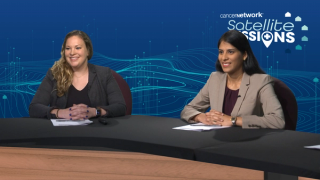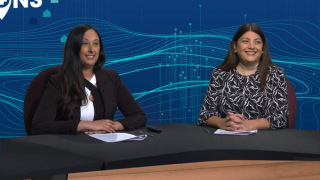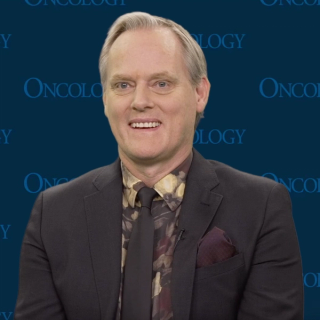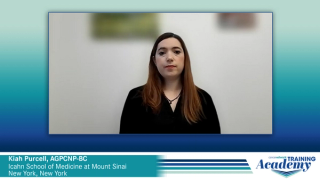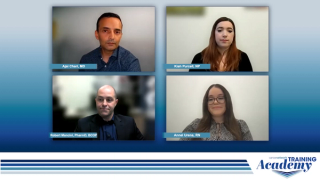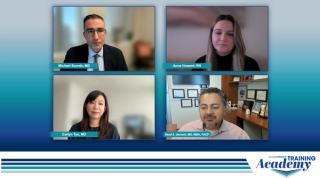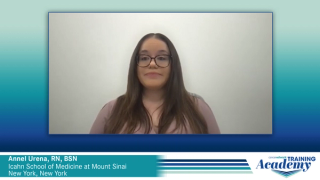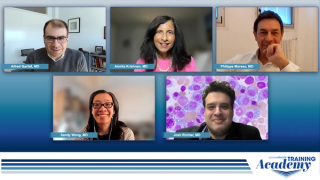
Multiple Myeloma
Latest News
Latest Videos

CME Content
More News

The FDA has approved two indications of a new formulation of melphalan hydrochloride called Evomela for the treatment of multiple myeloma.

Early relapse after stem cell transplant was linked with worse overall survival in multiple myeloma patients who received a novel agent prior to transplant.
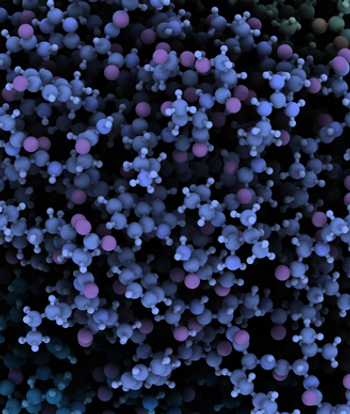
Higher levels of the hormone adiponectin may protect against the development of multiple myeloma in overweight and obese individuals.

Baseline serum levels of the inhibiting inflammatory cytokine interleukin-10 (IL-10) were predictive of prognosis in a group of patients with multiple myeloma.

Despite similar survival, multiple myeloma patients treated with lenalidomide experienced lower rates of neurologic toxicity than those treated with thalidomide.

The FDA recently expanded the drug label for carfilzomib (Kyprolis), which is now approved in combination with dexamethasone or with lenalidomide plus dexamethasone for patients with relapsed or refractory disease who have received one to three lines of therapy.

A new study has shown that dinaciclib disrupted homologous recombination function and led to cell death in multiple myeloma cell lines when combined with the PARP1/2 inhibitor ABT-888.

Researchers have identified several factors that may help to predict the progression of vertebral fractures and future fractures in patients with multiple myeloma.

Chimeric antigen receptor T cells can eradicate large burdens of multiple myeloma, according to a new study presented at ASH.

Chemotherapy plus lenalidomide was shown to be inferior to high-dose melphalan and ASCT in transplant-eligible patients with newly diagnosed multiple myeloma.

Adding elotuzumab to lenalidomide and dexamethasone for the treatment of relapsed or refractory multiple myeloma appears to result in better efficacy and safety.

The FDA approved the proteasome inhibitor ixazomib, in combination with lenalidomide and dexamethasone, to be used as a second-line treatment in multiple myeloma.

The risk for end-stage renal disease that required renal replacement therapy due to multiple myeloma appears to have declined significantly between 2001 and 2010.

A novel regimen of carfilzomib, pomalidomide, and dexamethasone was highly active in a group of heavily pretreated patients with relapsed or refractory multiple myeloma.

Seventy percent of insured patients with multiple myeloma had treatment-related financial burden, including some with household incomes greater than $100,000 a year.

The FDA recently granted priority review status to ixazomib (Takeda) for the treatment of relapsed or refractory multiple myeloma.
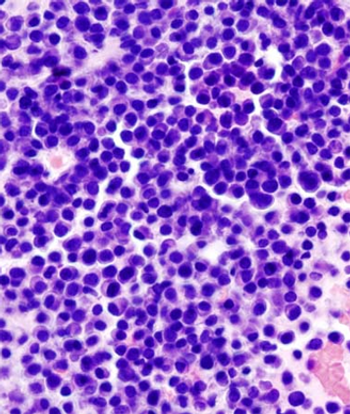
Daratumumab, a monoclonal antibody that targets CD38, was safe and effective in patients with heavily pretreated and refractory multiple myeloma.

Continuous therapy resulted in delays in first and second progression compared with fixed-duration therapy in patients with newly diagnosed multiple myeloma.
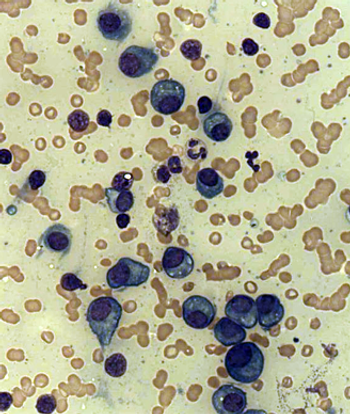
The International Myeloma Working Group has published a revised International Staging System for multiple myeloma that incorporates chromosomal abnormalities.
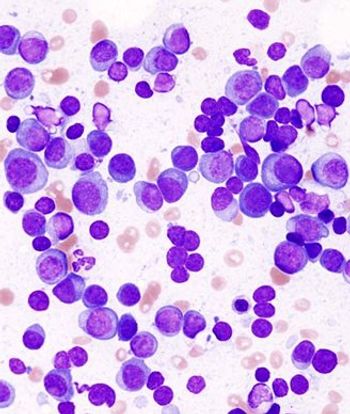
Eighty percent of patients with advanced multiple myeloma had a clinical response to a new T cell–receptor therapy that used T cells to target cells expressing NY-ESO-1.

The FDA approved the proteasome inhibitor carfilzomib for the treatment of multiple myeloma, when used in combination with lenalidomide and dexamethasone.

Treatment with carfilzomib plus lenalidomide and dexamethasone resulted in high rates of minimal residual disease negativity in patients with newly diagnosed or smoldering high-risk multiple myeloma.

Use of a VD regimen alone to treat patients with transplant-ineligible multiple myeloma was not inferior to VTD or VMP regimens, according to the UPFRONT trial.

Zoledronic acid did not have any antitumor effect in asymptomatic multiple myeloma patients in relapse, but did delay symptomatic progression and bone disease.

Treatment with lenalidomide and the HDAC inhibitor vorinostat may be effective as a maintenance therapy in multiple myeloma patients after autologous transplant.

